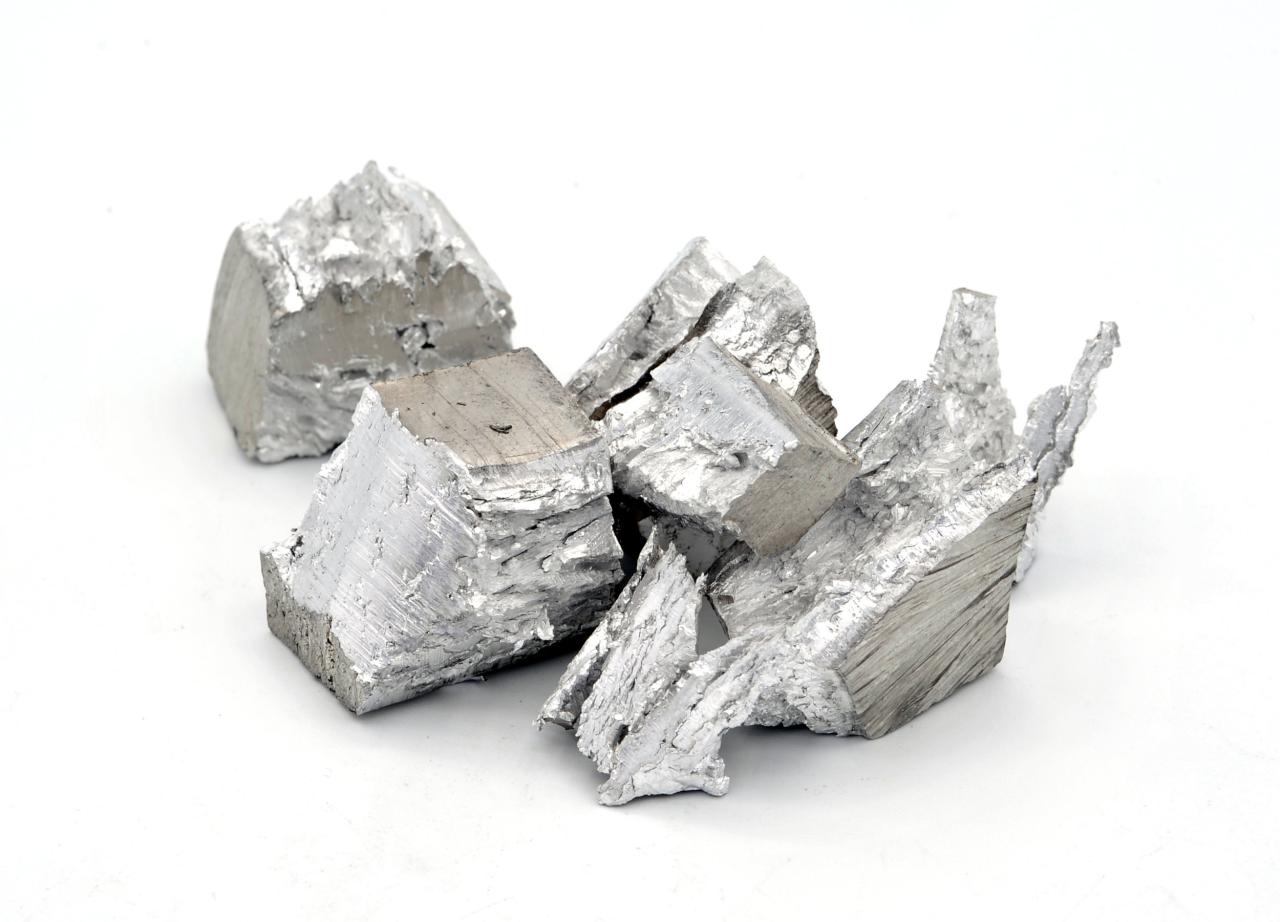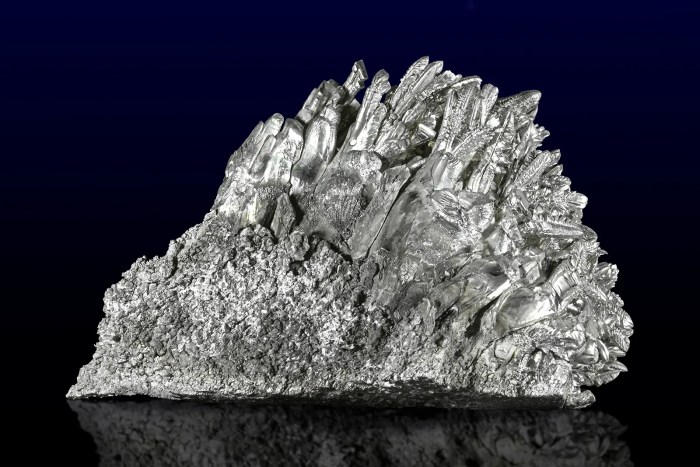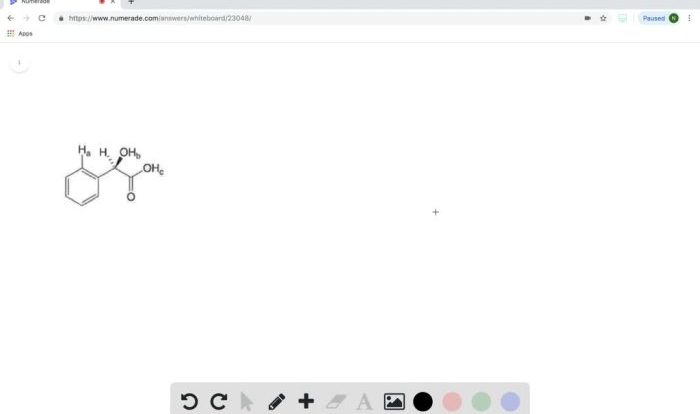Choose the best option for the precursor to methylmagnesium bromide – The selection of an appropriate precursor is crucial for the successful synthesis of methylmagnesium bromide, a versatile reagent widely employed in organic chemistry. This article delves into the concept of precursors, their role in chemical reactions, and the key factors influencing the choice of precursor for methylmagnesium bromide synthesis.
By exploring the advantages and disadvantages of different precursors, experimental considerations, and safety guidelines, we aim to provide a comprehensive understanding of this essential aspect of Grignard reaction chemistry.
The choice of precursor significantly impacts the reaction yield, purity, and safety of the synthesis. Factors such as reactivity, availability, cost, and compatibility with the reaction conditions must be carefully considered. Common precursors include methyl chloride, methyl iodide, and methyl bromide, each possessing unique properties that influence their suitability for specific applications.
Precursor to Methylmagnesium Bromide: Choose The Best Option For The Precursor To Methylmagnesium Bromide

A precursor is a compound that undergoes a chemical reaction to form another compound. In the synthesis of methylmagnesium bromide (MeMgBr), a precursor is a compound that reacts with magnesium metal to form MeMgBr. The most common precursors for MeMgBr synthesis are methyl halides (e.g.,
methyl chloride, methyl bromide, methyl iodide) and dialkylmagnesium compounds (e.g., diethylmagnesium, di-n-propylmagnesium).
The synthesis of MeMgBr involves the reaction of a precursor with magnesium metal in an ethereal solvent, such as diethyl ether or tetrahydrofuran. The reaction proceeds via a single-electron transfer from magnesium to the precursor, resulting in the formation of a radical anion intermediate.
This intermediate then reacts with another molecule of magnesium to form MeMgBr and magnesium halide.
Common Precursors, Choose the best option for the precursor to methylmagnesium bromide
The most commonly used precursors for MeMgBr synthesis are methyl halides and dialkylmagnesium compounds.
- Methyl halidesare the most common precursors for MeMgBr synthesis. They are readily available and react with magnesium metal to form MeMgBr in high yields. However, methyl halides are also toxic and corrosive, so they must be handled with care.
- Dialkylmagnesium compoundsare less toxic and corrosive than methyl halides, but they are also less reactive. As a result, they require longer reaction times and higher temperatures to form MeMgBr.
Factors Influencing Precursor Selection
The choice of precursor for MeMgBr synthesis is influenced by several factors, including:
- Reactivity: The reactivity of the precursor is a key factor in determining the reaction yield and purity of MeMgBr. More reactive precursors will react more quickly and produce higher yields of MeMgBr.
- Toxicity: The toxicity of the precursor is also an important consideration. Methyl halides are toxic and corrosive, so they must be handled with care. Dialkylmagnesium compounds are less toxic, but they can still be irritating to the skin and eyes.
- Cost: The cost of the precursor is also a factor to consider. Methyl halides are relatively inexpensive, while dialkylmagnesium compounds are more expensive.
Expert Answers
What is the role of a precursor in chemical reactions?
A precursor is a compound that undergoes a chemical transformation to form a desired product. In the synthesis of methylmagnesium bromide, the precursor provides the methyl group that reacts with magnesium to form the Grignard reagent.
What are the key factors to consider when selecting a precursor for methylmagnesium bromide synthesis?
Key factors include reactivity, availability, cost, and compatibility with the reaction conditions. The reactivity of the precursor influences the reaction yield, while availability and cost affect the practicality of the synthesis. Compatibility with the reaction conditions ensures safety and minimizes side reactions.
What are the advantages and disadvantages of using methyl chloride, methyl iodide, and methyl bromide as precursors?
Methyl chloride is readily available and inexpensive but has low reactivity. Methyl iodide is highly reactive but expensive and toxic. Methyl bromide is moderately reactive and toxic but offers a balance between cost and efficiency.


